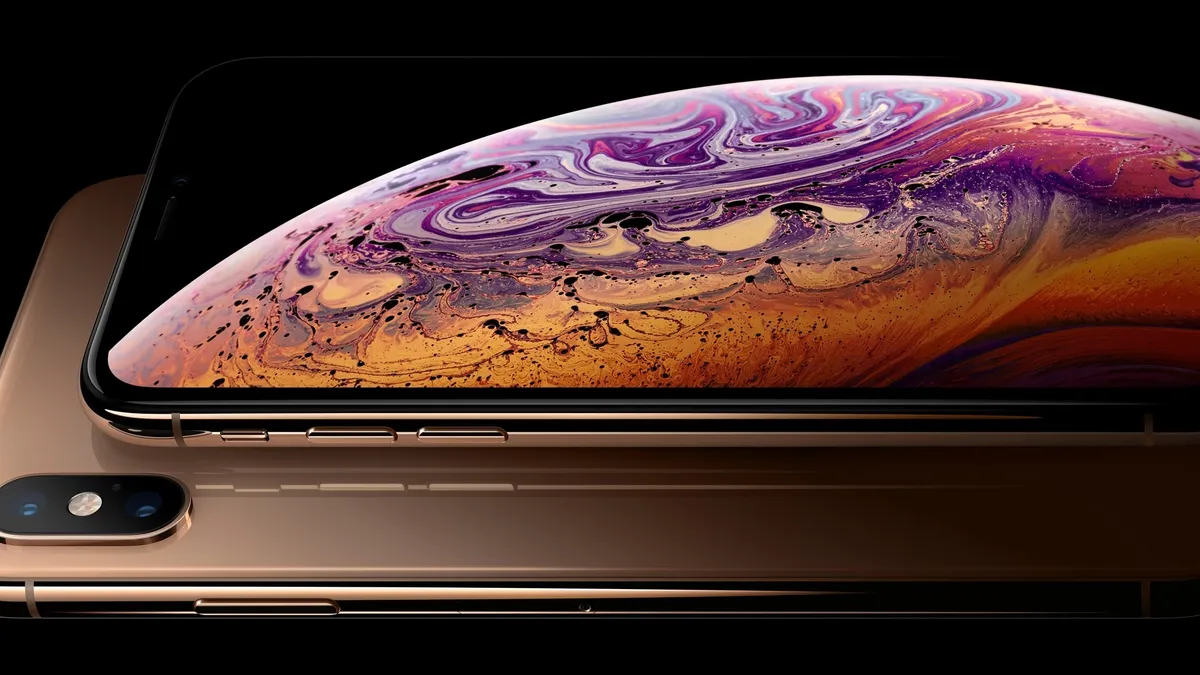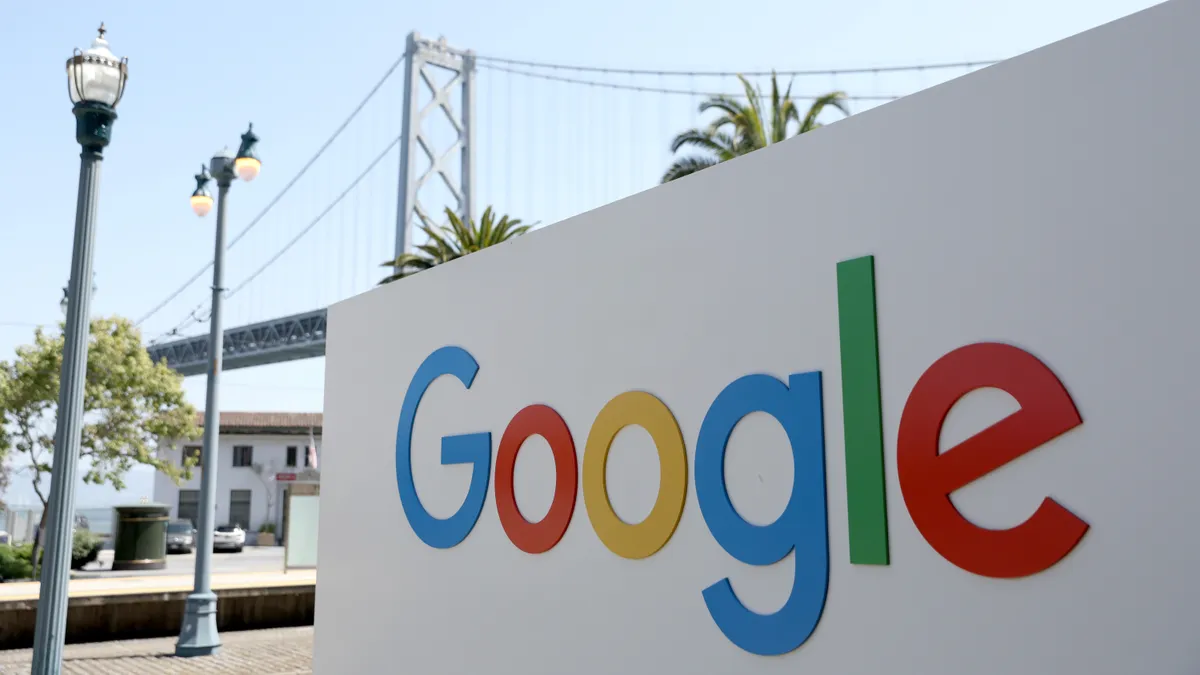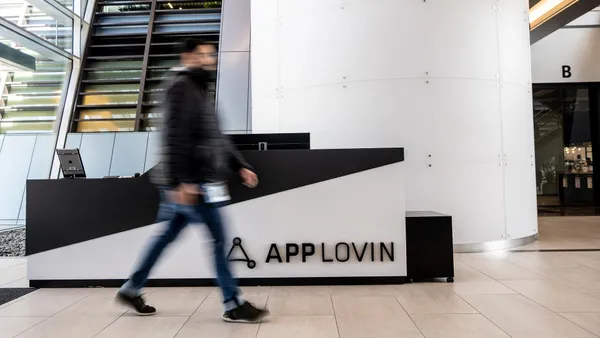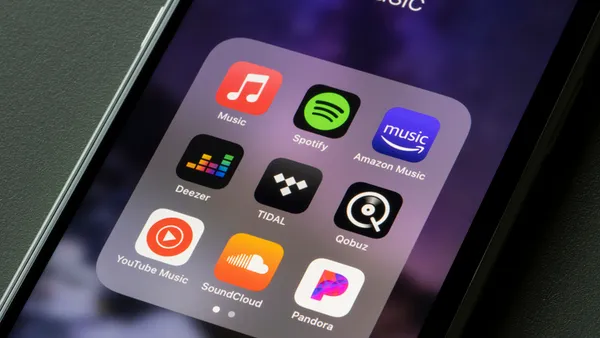Brief:
- Apple reported record profit and revenue as the iPhone rebounded from a slump, though the tech giant said the coronavirus outbreak in China might disrupt its supply chain and dampen sales this year. The company's net income rose 11% to $22.2 billion in Q1 from a year earlier, the first gain in more than a year and a new company record, per an announcement.
- Apple's revenue rose 9% to a record $91.8 billion as sales of the iPhone climbed 8% to about $56 billion from the prior year. Revenue from its wearables, home and accessories category, which includes AirPod earbuds and HomePod smart speakers, surged 37% to $10 billion. Its services business, which includes the recently launched Apple TV+ streaming platform, gained 17% to reach $12.7 billion, per its financial statements.
- Apple limited travel to China and cut store operating hours in the country because of the coronavirus, CEO Tim Cook said in a conference call with analysts. The health crisis led the company to provide record Q2 revenue guidance of $63 billion to $67 billion, a wider range than normal because of the uncertainty.
Insight:
Apple's record quarterly results are significant for mobile marketers because the tech giant managed to restore sales growth for the iPhone, increasing the total number of active Apple devices to 1.5 billion from 1.4 billion a year earlier. While that 7% gain isn't as big as in past years, it does indicate that the company's expanded services business is helping to drive adoption of its products amid strong competition from rivals that make lower-cost Android smartphones. Apple last year added camera lenses to three models of the iPhone 11, cut the price of its base model by $50, offered trade-ins on older models, rolled out installment payment plans and bundled in services to help to drive sales. IPhone revenue peaked at $61.1 billion during the December quarter two years ago.
Apple doesn't sell advertising in AppleTV+, limiting the ability of marketers to reach audiences for the recently launched streaming platform. The company didn't disclose its subscriber numbers for the service, which costs $4.99 a month, but Apple also offered one year of free viewing to people who bought new iPhones. Apple's aversion to advertising may mean that marketers need to seek other ways to participate in its programming, as they've done in co-promotional efforts with Netflix, which also is ad-free. Netflix didn't have paid product placements in the third season of "Stranger Things," but brands like Coca-Cola and Burger King ran promotions with tie-ins to the hit series.
"This was a strong quarter for Apple, primarily driven by strong sales of the iPhone 11 lineup," Yoram Wurmser, a principal analyst at eMarketer, said in a statement to Mobile Marketer. "One note of caution in an otherwise strong report was that services (which included Apple TV+) grew slightly below expectations. This miss could be attributed to the competition from Disney +, which launched at roughly the same time."
While the coronavirus scare does cloud the company's outlook, it has plans to boost iPhone sales with the expected update to its $399 SE model, which it first started selling in 2016. Apple is expected to introduce its first 5G iPhone this year, although a higher-speed version may be not available until 2021, CNBC reported.












